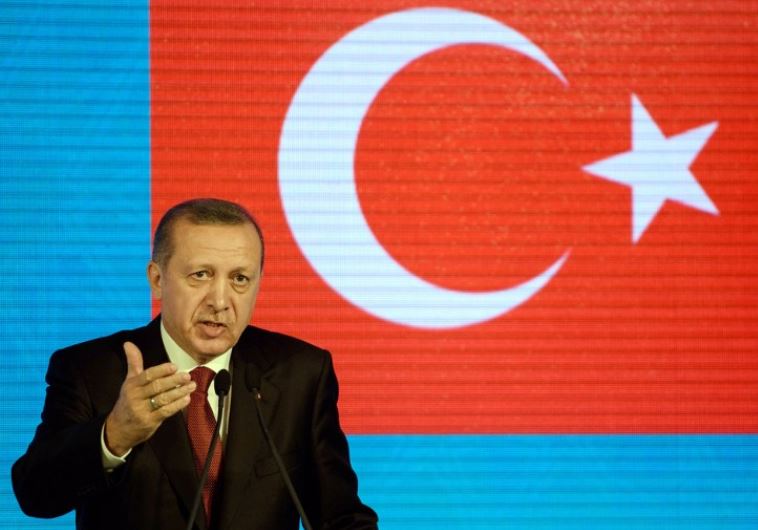Analysis: Turkey takes pragmatic approach, seeks to undo isolation, gain influence
Turkey’s aggressive Islamist- oriented foreign policy has led to a loss of influence in the region, as its opponents keep it in check.
 Turkish Prime Minister Recep Tayyip Erdogan(photo credit: AFP PHOTO)Updated:
Turkish Prime Minister Recep Tayyip Erdogan(photo credit: AFP PHOTO)Updated: